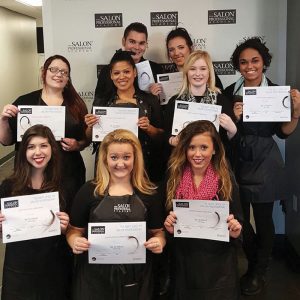While college is certainly appropriate for some students and a prerequisite for some professions, crippling student debt, lack of job opportunities, and growing interest in pursuing passions outside the university path are driving students to explore a skills-based education. “The skills gap is the number one problem American businesses face”, said Mark Zandi, chief economist at Moody’s Analytics, in a statement. For too long, a four-year degree has been touted as the best option for success after high school; “We start to believe that the best path for the most people happens to be the most expensive path,” said Mike Rowe, best known for his popular TV show ‘Dirty Jobs’. “And it also happens to be the path that has led to a skills gap of about 5.8 million positions and student loans of about 1.3 trillion …”
Rowe maintains we’ve done a disservice to high school students with our short-sighted focus on college. In fact, 36% of millennial college graduates with student loans now say they would have skipped college if they had understood the cost, research shows. Then there are the 30% of college students who go to public universities and 20% who attend private schools who haven’t earned degrees within six years, according to the National Student Clearinghouse. They racked up big bills without getting a college diploma in the process.
“About 40 years ago, we started telling the current generation that the best path for the most people was a four-year degree,” said Rowe. “But what happened … is they wound up promoting one form of education at the expense of all the other forms. College became higher education and apprenticeship programs, trade schools, community colleges, and all the job training opportunities, those became alternatives to education.”






